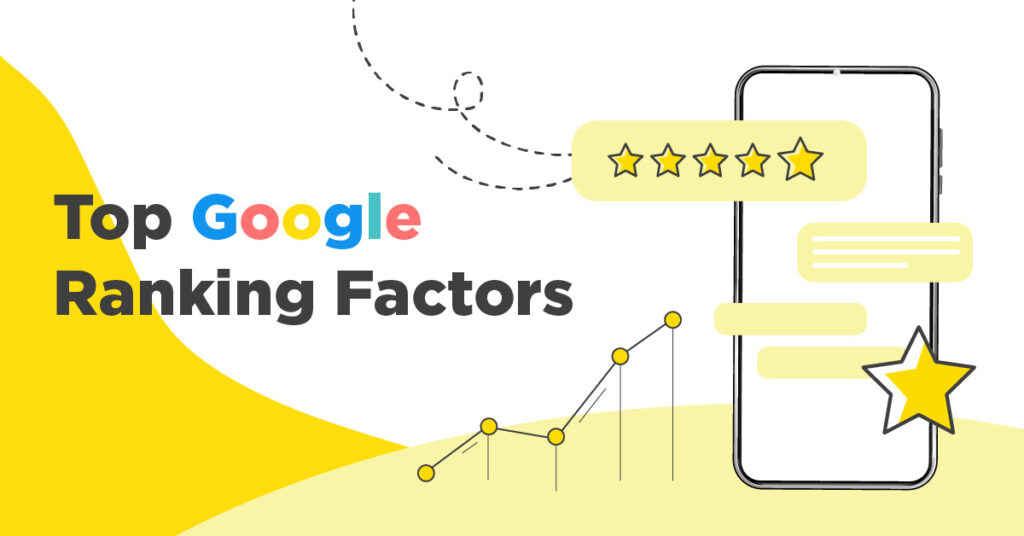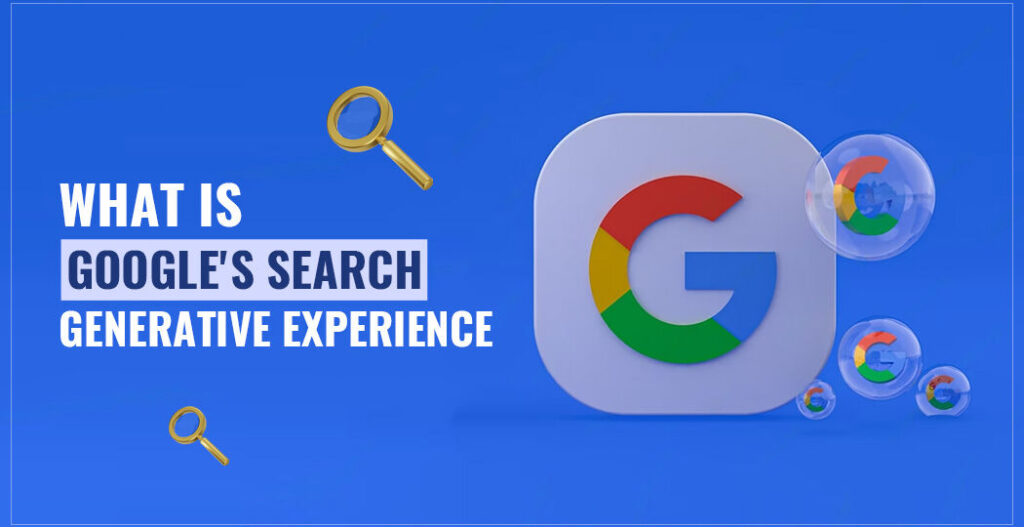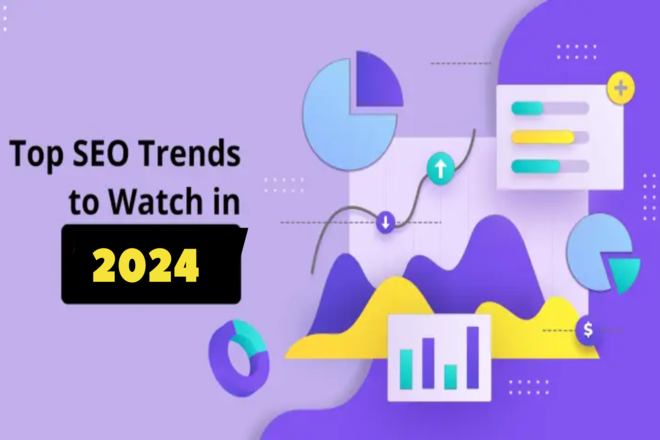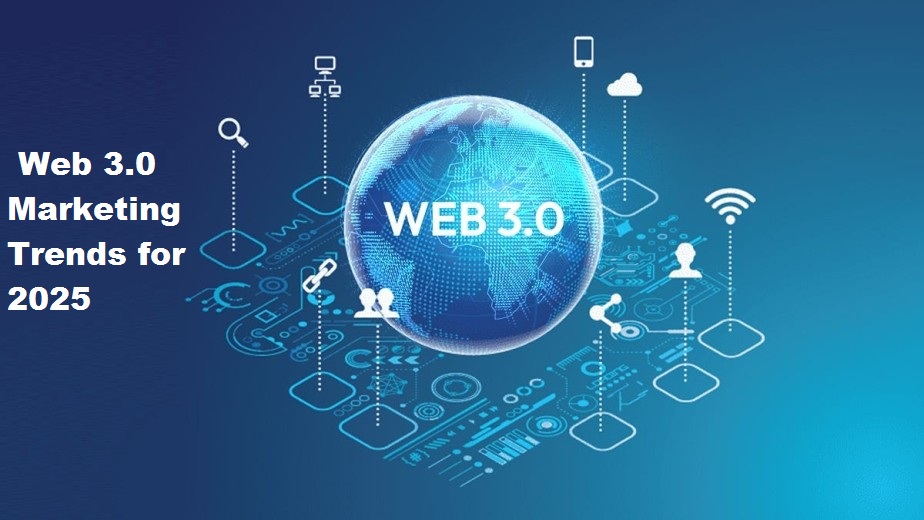In the ever-changing world of search engine optimization (SEO), marketers and content creators need to stay one step ahead. Recent trends indicate a significant shift towards prioritizing first-hand experience, the influence of author entities, and the integration of AI tools. Here, we will explore the evolving landscape of search engine and SEO trends for 2024 and the growing role of AI in streamlining tasks, providing search capabilities, and improving user experience.
Major SEO Trends for 2024
First-Hand Experience: A Central Ranking Factor
Search engines have recognized the importance of first-hand experiences in the quest for authentic and valuable content.
The comprehensive revision of the 2023 EEAT (Experience, Expertise, Authority, and Trustworthiness) guidelines marks a major shift in the SEO paradigm. First-Hand experience has come to the fore as an important ranking factor, revolutionizing the way search engines evaluate content.

This reorganization prioritizes authentic, experience-based content over general information and emphasizes the importance of trust and authenticity in the digital realm. This change emphasizes the importance of experience-based content over general information. Users are now prioritizing content that provides real insight and personal perspective and are influencing search engine rankings accordingly.
Author Entities – Trust and Credibility
With the latest algorithm updates, the authority and expertise of authors have gained increased importance.
Content that is linked to recognized and knowledgeable authors is seen as more credible and trustworthy, which has a significant impact on search rankings. Establishing author entities through robust author profiles and credentials is becoming a valuable strategy for content creators.
E-A-T – Expertise, Authoritativeness, and Trustworthiness. E-A-T is used by search engines to evaluate the extent to which a website or web page demonstrates expertise on a particular topic, authority in its field, and trustworthiness or reliability in providing users with accurate and reliable information.
Streamlining SEO Tasks with AI Tools
AI tools have revolutionized the way marketers approach SEO tasks. From generating content ideas to creating optimized content, AI tools save time and enhance efficiency.
SEO automation is the use of AI and machine learning tools to automate and optimize the SEO process. These tools can analyze large amounts of data, identify patterns, and make predictions, allowing marketers to make informed decisions and implement effective strategies. SEO automation tools can help with a variety of tasks, including-
- Keyword Research and Analysis
- Content Optimization
- Backlink Analysis and Acquiring
- Technical SEO Audit
- Rank Tracking and Reporting
These tools leverage machine learning algorithms to analyze vast amounts of data, identify trends, and provide valuable insights to optimize content strategies.

AI Tools with Search Capabilities
Despite the availability of search engines like Google, AI-powered tools now offer search functionalities within their platforms. This integration empowers marketers to gather real-time data, conduct competitor analysis, and identify keyword opportunities.
An AI search engine is a search platform involving machine learning models and artificial intelligence to provide results.
With the help of other AI-based algorithms and natural language processing, it can analyze and understand more complex search queries and provide users with improved, more relevant, and accurate results.
AI-driven search capabilities provide comprehensive insights to optimize content for better visibility.
Balancing Scale and Original Value
While AI can boost content creation at scale, the risk of generic content flooding the internet is a concern. It is crucial to recognize that relying solely on AI for content creation may compromise originality and value.
Content at Scale is the process of creating large amounts of high-quality content quickly and efficiently. A key aspect of a content-at-scale strategy is to continue to focus on quality over quantity.
It involves creating, optimizing, publishing, and sharing content that achieves your business goals and resonates with your target audience. Human creativity and insights remain essential to provide unique perspectives and engaging content that resonates with the target audience.
Finding balance requires consistently creating valuable, well-researched content that resonates with your audience. One of the smartest ways to balance quality and quantity in content marketing is to reuse content across different channels and formats.

Search Generative Experience (SGE) and User Behaviour
Google’s introduction of AI-powered SERP snippets, known as Search Generative Experience (SGE), has transformed user search behavior. Users can now ask more extensive questions, and AI generates answers based on existing web content.
This is an experimental search experience that uses generative artificial intelligence (AI) to provide users with a quick and clear overview of search topics without having to click on individual web pages.
Google’s AI-generated search leverages a variety of AI-based technologies, including natural language processing, machine learning, and deep learning. While SGE influences user behavior, it does not steal all website traffic, emphasizing the importance of providing valuable and relevant content.

Matching Search Intent: A Growing Ranking Factor
Matching search intent has always been crucial in SEO, and its importance continues to grow. Search engines aim to deliver the most relevant results to users, based on their search queries and intent.
If people land on your site, don’t like it, and move on to another site, Google thinks it’s irrelevant to their needs. If many people do this, it can be difficult for that website to rank high in search results. This indicates that the content should match the searcher’s intent.
Marketers must optimize their content to align with user intent, ensuring that their pages provide the information or solutions users seek.
UX as a Key Factor in SEO Strategies
User experience (UX) plays an increasingly significant role in SEO strategies. Positive user signals, such as engagement metrics, page load speed, and mobile responsiveness, contribute to better rankings.
UX stands for “user experience” and means providing users with a smooth and pleasant experience when they visit your website. UX is becoming an increasingly important element in his SEO, so it’s important to understand how it works together. It refers to the quality of experience a person has with a product or service.
Websites that prioritize providing a seamless and enjoyable user experience are more likely to attract and retain visitors, ultimately boosting their search engine visibility. SEO trends for 2024 stand vital in the changing scenario.

Bottom Line
As SEO continues to evolve, embracing first-hand experiences, recognizing author entities, utilizing AI tools, and prioritizing user experience are essential strategies for success. While AI offers significant benefits in terms of efficiency and scale, human creativity and insights remain vital in creating original and valuable content. By staying informed about the latest SEO trends for 2024 and leveraging AI tools effectively, marketers can navigate the evolving SEO landscape and achieve better search engine rankings.











Thanks I have just been looking for information about this subject for a long time and yours is the best Ive discovered till now However what in regards to the bottom line Are you certain in regards to the supply
Its like you read my mind You appear to know so much about this like you wrote the book in it or something I think that you can do with a few pics to drive the message home a little bit but instead of that this is excellent blog A fantastic read Ill certainly be back